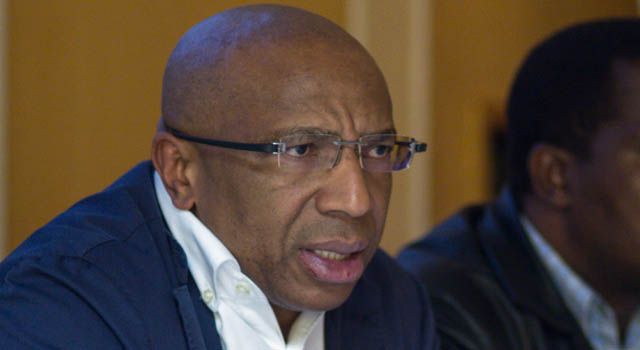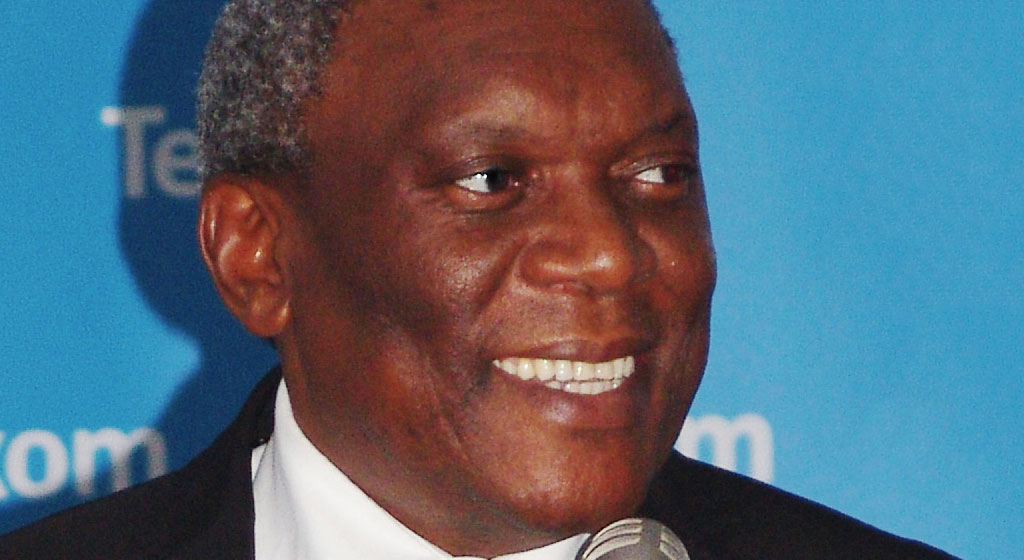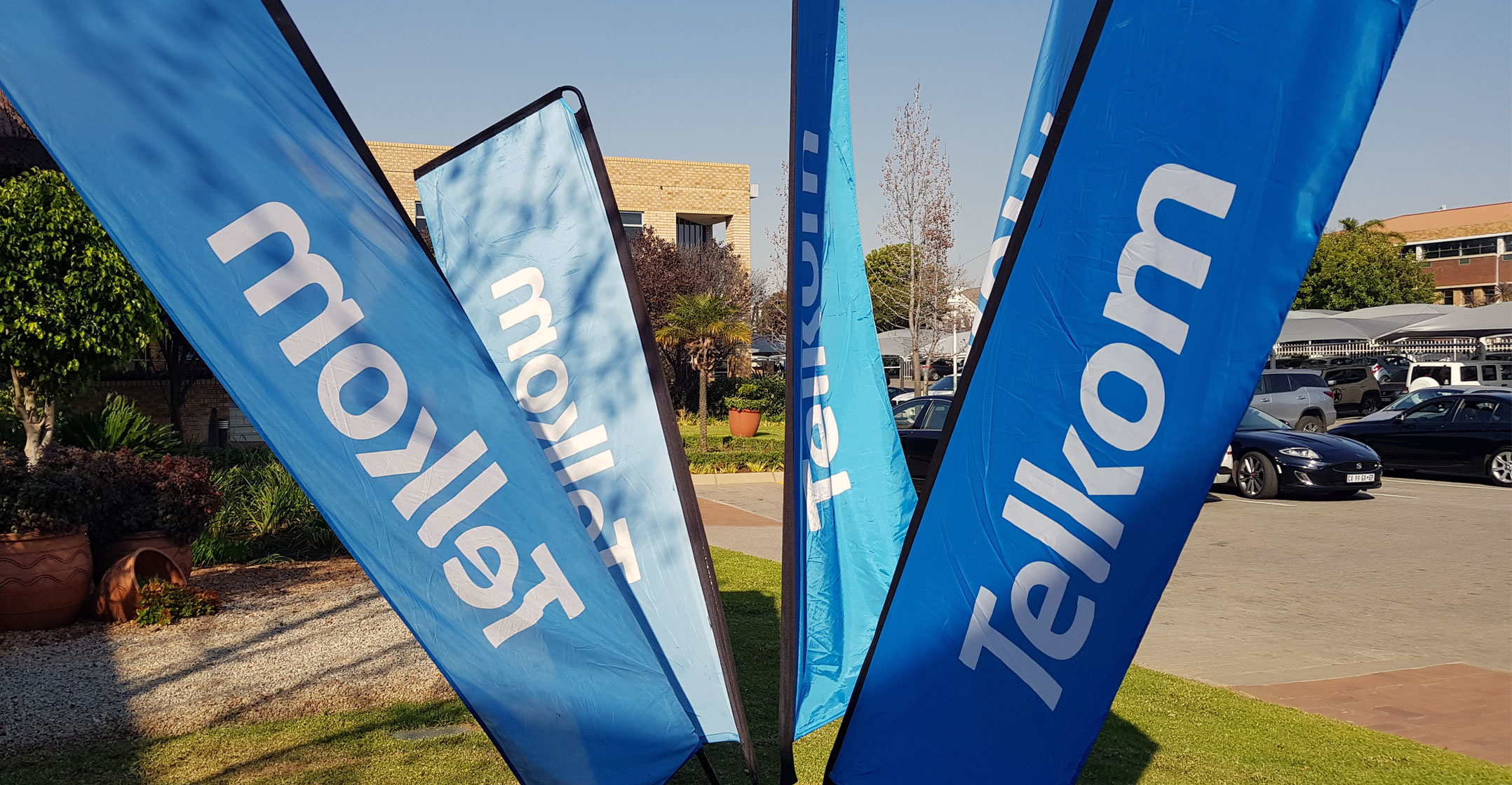
[dropcap]T[/dropcap]elkom reported stellar results on Monday, proving that privatisation is the only real option to solve the dire financial positions and the criminal lack of corporate governance at virtually all of South Africa’s state-owned enterprises.
The reported results show that Telkom is well managed, adheres to high levels of corporate governance, is financially sound and has a clear strategic vision.
This did not happen overnight and many pundits would be quick to remind me of the various dips the company has seen during its roller-coaster ride over the past 25 years.
Arguably the company did not live up to its original mandate to connect South Africans to the digital age, but imagine what Telkom would look like today if it had remained in state hands. (Could it possibly have been in a worse state than SAA or Eskom? Some would say yes.)
The Telkom of today, as represented by its latest results, is not only holding its own in a very competitive industry, but also contributes financially to the fiscus. In the latest financial year, it paid R1,6bn over to national treasury — R690m in taxes and R880m as a dividend.
Compare this to the woeful financial status of Eskom, South African Airways, PetroSA, Prasa and virtually every other SOE that requires annual instalments from government just to pay the bills.

The private sector has had an active shareholding and operational involvement with Telkom dating back to 1997.
I nearly fell off my chair when I read a press statement from telecommunications & postal services minister Siyabonga Cwele in response to Telkom’s results. It contained the following quotation from Cwele:
These strong results underscore the correctness of government’s decision, working with other shareholders, to invest in turning around the company instead of selling it. Since the cabinet decision of June 2012, shareholders reconstituted the board, which appointed a new management team. These changes have seen the company’s share price moving from a low of R12,50 to the recent R77,64. We encourage state-owned companies that are in trouble to learn from Telkom how it achieved its turnaround. (Author’s emphasis.)
I actually laughed out loud.
For some context, Cwele’s comment refers to cabinet’s controversial 2012 last-minute decision to block Telkom from selling a 20% stake to Korea’s KT Corp. This decision came after Telkom and KT had spent months around the negotiating table and had actually shaken hands on it. Although the official reason for pulling the plug was that such a deal would reduce Telkom’s ability to “improve access to information and communications technology services”, it stank of political interference.
But Cwele seems to forget that Telkom’s privatisation started nearly 15 years earlier, in 1997, when SBC Communications and Telekom Malaysia bought 30% of Telkom. The US$1,3bn transaction was worth R5,5bn at the time.
It didn’t stop there. Government further reduced its stake in 2003 when Telkom listed on the JSE. Currently, government owns less than 50% of Telkom via a direct shareholding by Cwele’s department and the PIC.
Apart from its reduced shareholding, government also slowly but surely relinquished management control. For a period of eight years following the listing, government had a disproportionate right relative to its shareholding to appoint board members.
This was an extremely turbulent time for the telecoms group and the period was tainted by significant management changes amid allegations of government interference. This, among other things, led to five CEOs in seven years.
After the controversial rights lapsed in 2011 and effectively ended the state’s control over Telkom, there has been a remarkable turnaround. This transpired after the appointment Jabu Mabuza as chairman in 2012 and Sipho Maseko as CEO. Between them they have batted away untoward demands. Today, Mabuza is one of the fiercest critics of president Jacob Zuma, and of developments at the SOEs.

In this context, Cwele’s notion that SOEs should “learn” from Telkom is incredibly ironic.
The only reason Telkom became what it is today is because it escaped government’s incompetence. It should be clear that the less control the state has over key SOEs the better. This would most certainly be the case with Eskom and SAA.
Not a silver bullet
Privatisation is not a silver bullet, but in the South African context it can make a world of difference. Just think what a remarkable difference a reputable private-sector partner would have on efficiency and corporate governance at Eskom and SAA.
Within the current context there is actually no downside to privatisation. Unions may shout “job losses”, but there are few prospects of job creation under the current Zuma government.
But don’t hold your breath. It would interfere with the looting.
- This article was originally published on Moneyweb and is used here with permission

